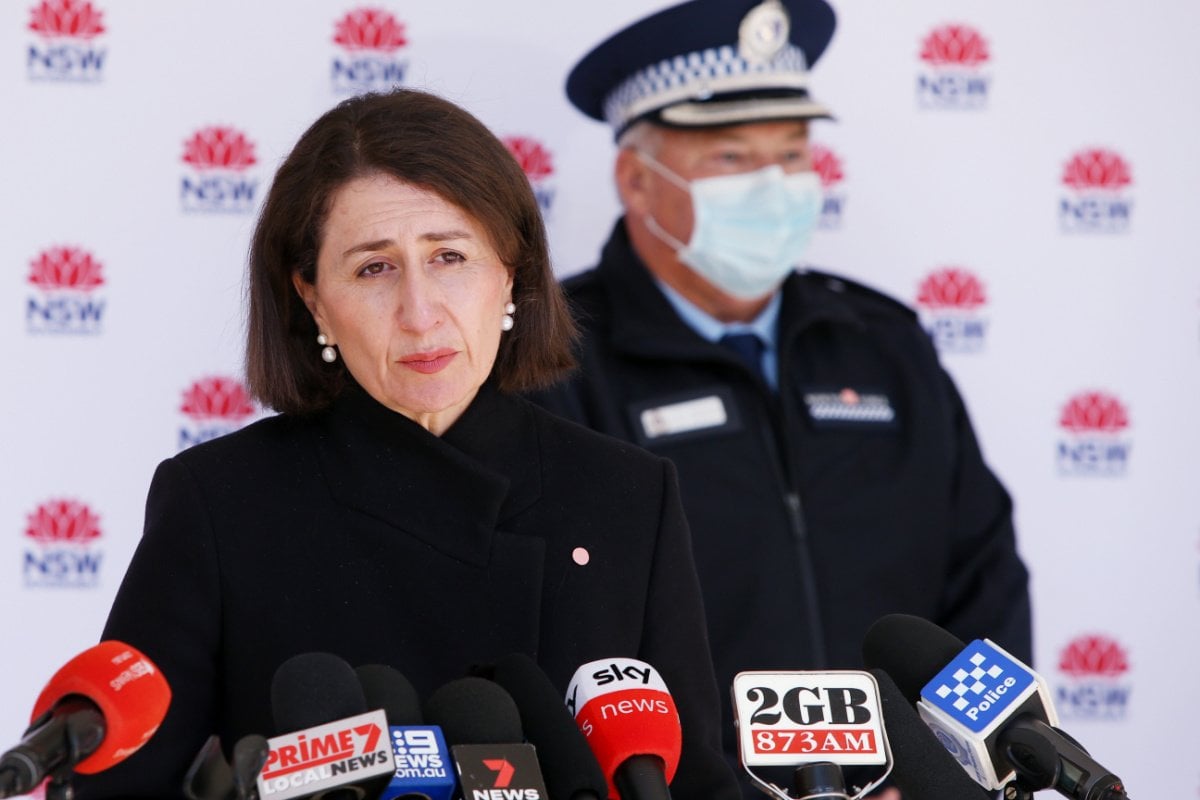
NSW records 44 new cases and tightens restrictions for Sydney.
NSW has recorded 44 new cases of community transmission, 29 of which were either partially or fully exposed to the community. It's the highest number of NSW daily infections since the pandemic's first wave.
Premier Gladys Berejiklian has announced tighter restrictions for those areas of the state currently with stay at home orders, effective from 5pm on Friday:
- Exercising outdoors reduced from 10 people to two.
- Residents can only exercise within their local government area or 10km of home.
- No carpooling outside households.
- Essential shopping only, with no browsing in shops allowed.
- From Sunday, funerals will be capped at 10 people.
NSW recorded 44 new locally acquired cases of COVID-19 in the 24 hours to 8pm last night. pic.twitter.com/Z7g7eyzT2d
— NSW Health (@NSWHealth) July 9, 2021
"NSW is facing the biggest challenge we have faced since the pandemic started. And I don't say that lightly. I don't say that lightly. And unless there is a dramatic change, unless there's a dramatic change, unless there's a dramatic turn around in the number, I can't see how we would be in a position to ease restrictions by next Friday," Berejiklian told reporters.

Top Comments